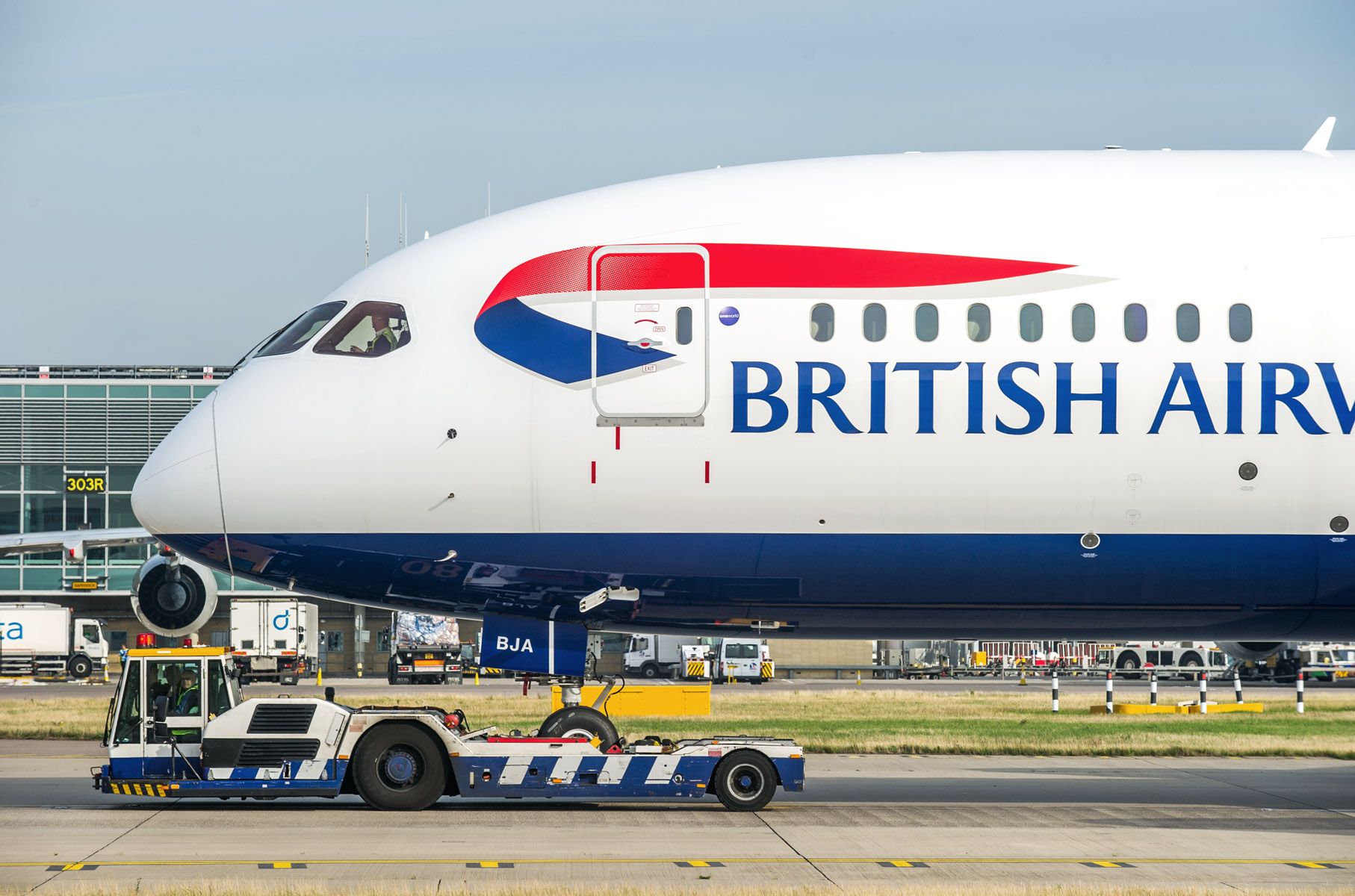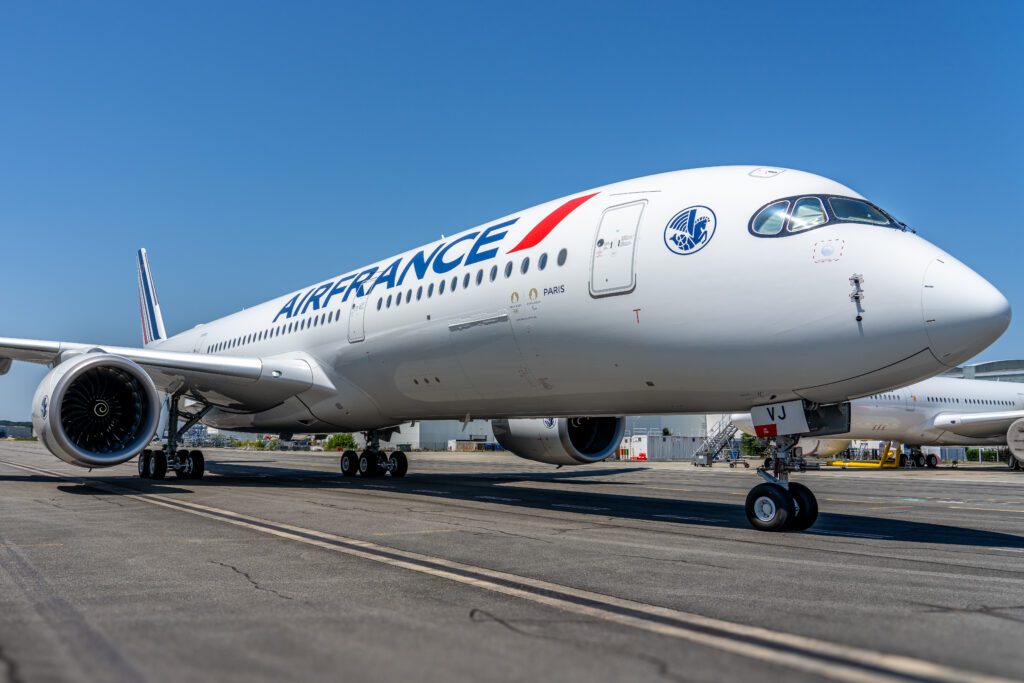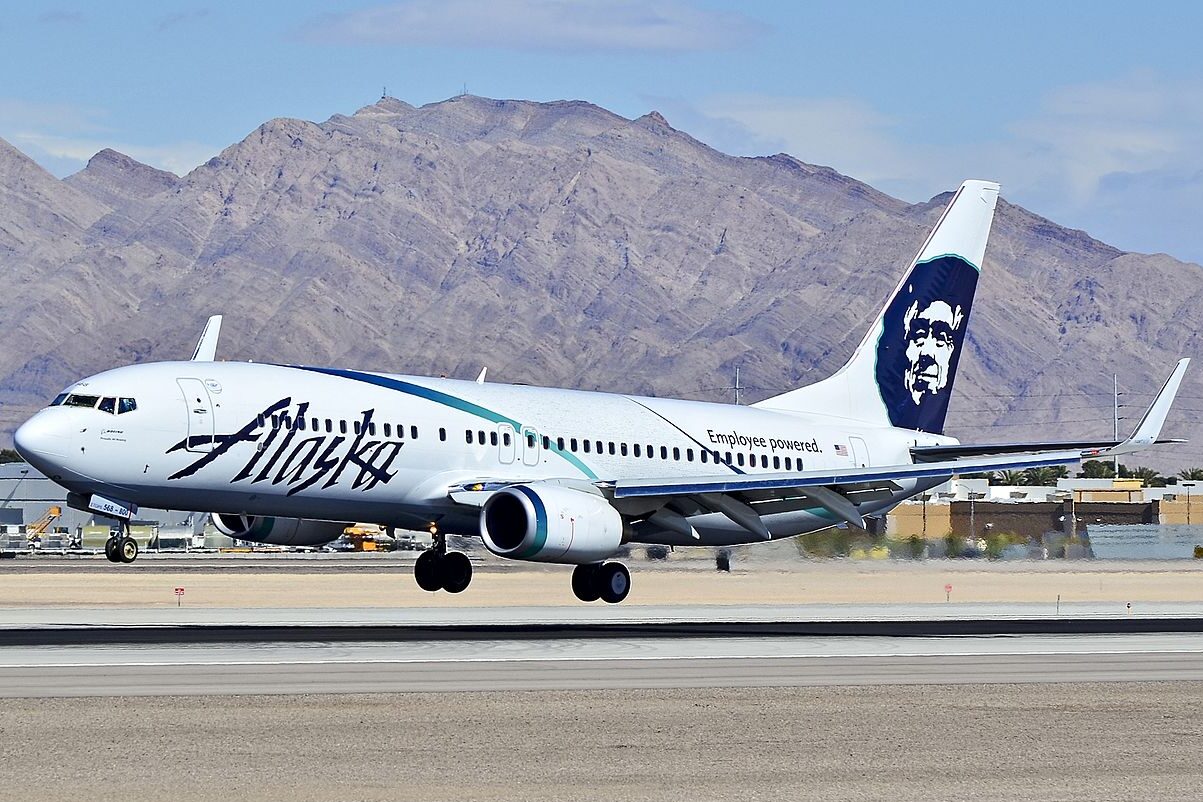The Winners and Losers of Europe’s 2024 Airline Battle

Skift Take
As we discussed earlier this week, there is a spectrum of performance between Europe’s three leading low-cost carriers. However, these variations aren’t unique to Ryanair, EasyJet, and Wizz Air. We see exactly the same disparity between the three major network carrier groups.
In a moment, we’ll examine the fortunes of Air France-KLM and the Lufthansa Group, but first let’s take a closer look at IAG.
The parent company of flag carriers British Airways, Iberia, and Aer Lingus was easily the strongest performer in 2024. It reported a third quarter profit after tax of €1.43 billion ($1.49bn), a 16.6% increase year on year. Profit for nine months to the end of September was €2.34 billion, up 8.7% over the same period in 2023.
What is IAG's Secret Sauce?
The core reason for IAG’s strong results is its heavy exposure to the buoyant North Atlantic market. For context, over half of the company’s long-haul capacity was in the North Atlantic in 2024, as measured by available seat kilometers.
This puts it well ahead of its peers and it is primarily to the benefit of British Airways and Aer Lingus. BA also taps into a large premium segment flying to and from London, and specifically its hub at Heathrow Airport.
However, IAG’s recent success is not limited to the North Atlantic. The group also benefited from strong Spanish and Latin American traffic to the advantage of Iberia and low-cost operator Vueling.
Challenges Remain at IAG
Despite performing more strongly than its two largest rivals, IAG is not without its problems. Over the last year, British Airways delivered some of the poorest operational performance of all major European airlines, with weak punctuality and unacceptably high cancellations.
Some, but not all of this, can be blamed on external factors. A high incidence of air traffic control delays has been a major factor. The airline has also had to ground around 15% of its long-haul Boeing 787 fleet due to reliability and spares problems with the Rolls-Royce Trent engines powering these aircraft. This shortage of capacity has resulted in delayed starts to new routes and cancellation or frequency reductions on others.
Looking deeper into 2025, we could glean insight as to what IAG’s next move may be in the stakes for further European consolidation.
It had hoped to acquire Spanish carrier Air Europa but found the competition remedies demanded by the European Commission too onerous. This leaves a question as to what it may do next.
IAG has indicated its interest to acquire TAP – the national airline of Portugal – however, competition is expected to be fierce, with Air France-KLM and Lufthansa Group also likely contenders for a bid.
Weakness at Air France-KLM
The Air France-KLM Group reported a third quarter net profit of €824 million ($856m), substantially down by €122m versus 2023. For the year to date, it delivered profits of €510m, a massive 58% fall of €711 million versus €1.221 billion in 2023. A number of factors contributed to the weaker performance.
Firstly, Air France was hit by a reduction in visitors to France over the period of the Olympics. Notably, it faced higher costs as a function of investment in operational performance to ensure that those volumes which were generated by the Games were handled smoothly.

Over in the Netherlands, KLM saw steep rises in operational costs including pay. Management has launched a major campaign to address the challenge of rising costs. Mirroring the situation at IAG, the Dutch national carrier recorded poor operational reliability with weak punctuality and high cancellations. The airline also suffered from a shortage of pilots and maintenance issues.
Other factors included aircraft groundings at its KLM Cityhopper feeder subsidiary. These were primarily due to Pratt & Whitney engine problems on its Embraer E2 jets.
In contrast to IAG, Air France-KLM reported some softness in the important North Atlantic market. Demand failed to keep up with increased capacity resulting in lower load factors and passenger yields.
A Mixed Picture at Lufthansa
The Lufthansa Group reported a reduced Q3 profit of €1.09 billion ($1.13bn) down 8% versus 2023. However, like its peer Air France-KLM, it saw a sharp fall in cumulative nine month earnings, down 48% over 2023.
A number of key factors contributed to this outcome. In the earlier part of the year, the group faced industrial action and strikes as it attempted to reach a number of new labor agreements. Additionally, Lufthansa Group management cites market-wide excess capacity, adding pressure to profitability.
Due to a smaller point-to-point market, Lufthansa has to compete more intensely for less profitable transfer traffic at its Frankfurt and Munich hubs than is the case for either IAG or AF-KLM. It is also more heavily exposed to the Asian market which, unlike the North Atlantic, has not seen the same level of recovery. China, in particular, remains weak and combined with longer flight routings necessitated by avoiding Russian air space, Lufthansa has seen unacceptable results and has now withdrawn its Frankfurt to Beijing service.
At a group level, Lufthansa has been afflicted by similar aircraft problems to its peers. Delivery delays have left it short of capacity and forced it to continue operating a long-haul fleet which is unhelpfully diverse. Within Lufthansa airline itself – Germany’s flag carrier – it operates not only new Airbus A350 and Boeing 787 aircraft and relatively young Boeing 747-8s, but also retains some older Boeing 747-400s and Airbus A340s.
Lufthansa's A380 Encore
It has also reactivated several of its double-decker A380s to compensate for the capacity shortage. Such a mixed fleet makes for significant operational complexity, adding to costs and impacting punctuality and reliability. Indeed, poor operational performance cost it €242 million in disruption and passenger compensation during the third quarter according to its latest financial report.
It was actually performance at the Lufthansa airline that dragged the overall group result down. A major multifaceted campaign is now underway to reduce costs through more reliable operational delivery and to improve the customer offer with the objective of strengthening revenues. A €1.6 billion improvement by 2026 is the target.
On the consolidation front, Lufthansa is ahead of its peers having now got the regulatory green light from the European Commission to proceed with its acquisition of Italian national airline ITA. Now the hard work begins, with this expected to take a considerable amount of management time. The remedies in terms of slots and competition are quite severe and here it is Lufthansa’s peers Air France-KLM and IAG, along with easyJet who will benefit.
The next quarter will be year-end for the three network groups. No major changes in the year to date performance are expected. IAG will remain strongly in profit, with Air France-KLM and Lufthansa Group both wrestling with reduced profitability.
Ben Smith, Air France-KLM CEO, Talks to Skift:
Airlines Sector Stock Index Performance Year-to-Date
What am I looking at? The performance of airline sector stocks within the ST200. The index includes companies publicly traded across global markets including network carriers, low-cost carriers, and other related companies.
The Skift Travel 200 (ST200) combines the financial performance of nearly 200 travel companies worth more than a trillion dollars into a single number. See more airlines sector financial performance.




